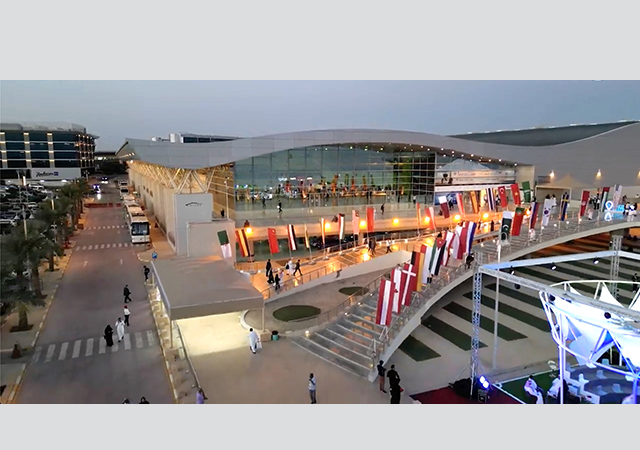
Abu Dhabi-based Advanced Pipes and Cast Company (Apacc) continues to build on its success in the manufacture and supply of the high-quality pipeline systems which are required by municipal and industrial projects in the Gulf.
Apacc commissioned its reinforced concrete pipe plant in 1997 and last year added a plastic pipe factory through sister company Excellent Pipes Company, as well as a glass reinforced plastic (GRP) factory for pipes and fittings.
As a result, Apacc todays offers a wide range of pipes for the construction industry, together with comprehensive engineering and support services which, says a company spokesman, are aimed at assisting project development - from design to successful completion.
''Our philosophy is to supply pipes with specified properties and a required margin of safety that will perform satisfactorily under severe corrosive environments after a period of operation extending to more than 60 years,'' says Samer Talih, the company's general manager, who adds that Apacc's manufacturing facilities are equipped with state-of-the-art machines for the production and testing of products to meet the most stringent quality standards.
''We have in place advanced technology and assured quality, providing outstanding products,'' he explains.
As a company which constantly looks for new material and technologies in order to upgrade its products, Apacc received the prestigious Shaikh Khalifa Industrial Award in both 1999 and 2000, and was also awarded Shaikh Khalifa Award for Excellence in 2000 and American Concrete Pipe Association Certification in 2001 and 2002.
''We have our Integrated Management Systems (IMS) certified to international standards, encompassing the quality system to ISO 9001:2000, the environmental management system to ISO 14001:1996 and the health and safety management system to OHSAS 18001,'' says Talih.
Apacc's products are used in storm water and drainage networks, water supply and irrigation systems, the oil and gas sector, chemical and petrochemical industries as well as power and desalination plants. In addition uPVC pipes are also used in electrical and telephone cable ducts and other applicable installations.
GRP Pipes Division
The state-of-the-art GRP plant produces fibreglass pipes and fittings with diameters ranging from 250 mm to 2,600 mm for underground applications. Testing is done using a continuous filament winding process.
Located at the core of the factory, the winding machine consists of relevant operating groups for glass impregnation and distribution, curing tunnel and grinding devices all integrated with a computerised control system.
Coupling milling, testing and joining equipment, hydrostatic test machine, controlled storage of catalyst, resin and other raw materials, in addition to advanced dust and fume collection systems, all form part of this sophisticated and environmentally-friendly plant, according to the company.
Advantages of GRP pipe
Corrosion resistance:
GRP is specified where resistance to corrosion and abrasion in aggressive environments is needed and where steel and other metals are unsuitable. The resin and matrix contributes to the chemical, temperature, abrasion and weathering resistance. Another factor which enhances corrosion resistance is the construction technique, which includes the pipe manufacturing methods and appropriate installation procedures.
Light weight:
GRP is three to five times lighter than steel pipe and easy to handle, Apacc states. Its light weight makes the cost of laying and installation low, whether the pipe is laid above or below ground. Moreover, it has excellent strength-to-weight properties thus surpassing iron, carbon steel and stainless steel when the ratio of strength per unit is considered, according to the company.
Electric resistance:
GRP is a non-conductive material and so there is no need for costly cathodic protection to dissipate the electric current buildup, as is the case with other pipes that use composite metals in their structure, Apacc adds.
Maintenance cost:
GRP is easy to maintain as it does not rust and if required can be easily cleaned thanks to its negligible surface roughness. It requires minimal effort in handling, maintenance and protection from the corrosive elements in the environment.
Meanwhile, Excellent Pipes manufactures and supplies uPVC pipes and fittings that are highly resistant to chemicals, alcohols, oil and acids, in accordance with the requirements of the most recent international standards, says the company.
The exceptional quality and the smoothbore of uPVC offers the best pipe characteristics in corrosion resistance and better flow co-efficient than other conventional pipes, thus eliminating the build-up of deposits, tuberculation and scales, it says.
The product is non-toxic and does not affect the taste, odour or colour of the water or other fluids, nor does it react with other fluids.
The product is integral insulation and non-conducive, says Apacc, making it ideal for electric and telecommunication (telephone and other media cables) conduits, since electro-mechanical and galvanic corrosion does not take place. UPVC is widely used in sewer application because it is not affected by the hydrogen sulphide, usually generated from the presence of sulphuric acid found in sewer schemes.
Excellent Pipes currently manufactures DIN/ISO standard size ranging from 50 mm to 500 mm outside diameter in various pressure classes (4, 6, 10 and 16 bar). Its soil and waste discharge pipes, manufactured in sizes of 82, 110 and 160 mm, conform to BS standards, according to the company, while its sewer and drainage pipes to BS EN standards are manufactured from a size range of 110 mm to 500 mm. Excellent uPVC pipes are available with plain ends or integral socketed ends suitable for solvent welding. The pressure pipes from 110 mm diameter upwards are available with push-fit sockets in various pressure classes. The standard length of pipe is 5 m, including the integral socket.
Apacc's reinforced concrete pipes and jacking pipes are manufactured in accordance with BS 5911:Part 1100 (for unreinforced and reinforced pipes and fittings with flexible joints); BS 5911: Part 120 (specification for reinforced jacking pipes with flexible joints); ASTM C76 M (reinforced concrete culvert, storm drain and sewer pipes); ASTMC361 M (reinforced concrete low head pressure pipe) and ASTM C443 M (joint for circular concrete sewer and culvert pipe using rubber gasket).
The company says continuous training is provided for all employees, from management to technical and operational staff, adding that it seeks to employ professionals of the highest calibre to maintain the company's impetus.


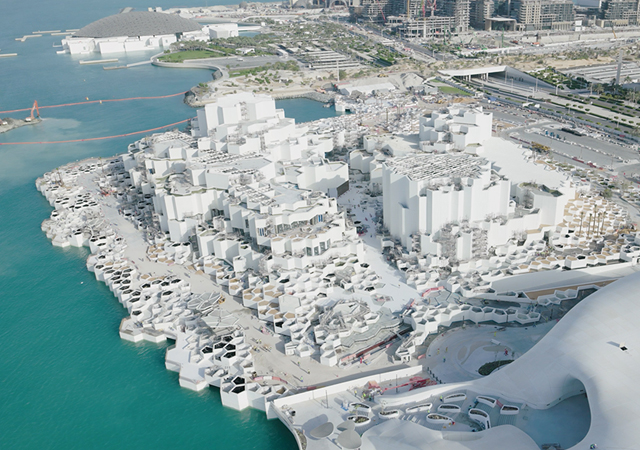


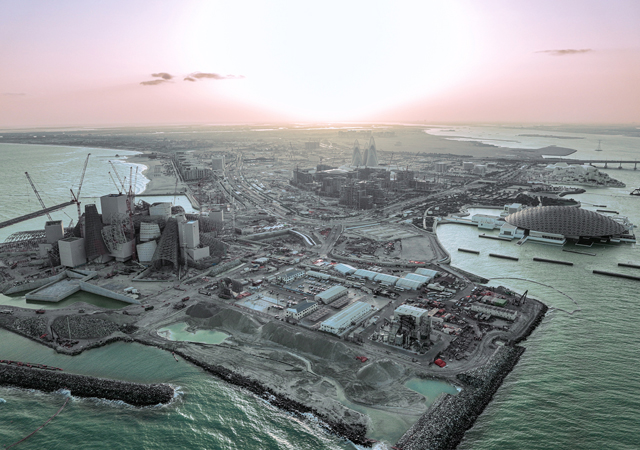
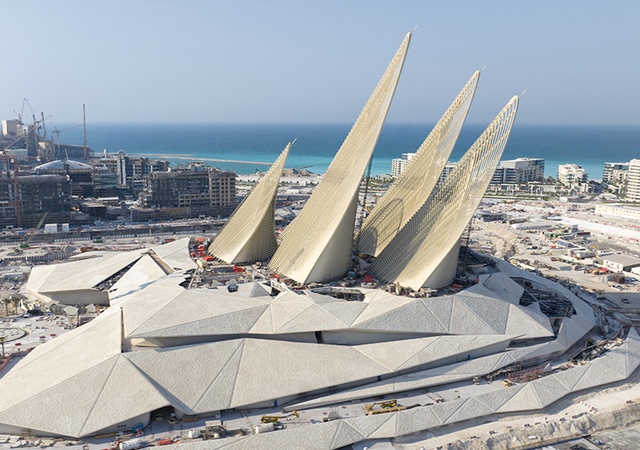
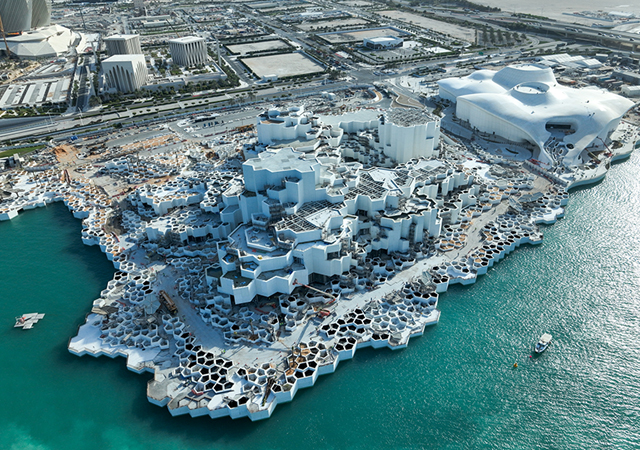
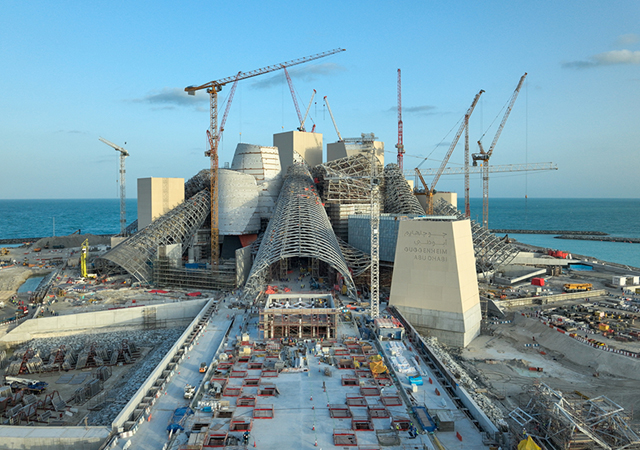
.jpg)
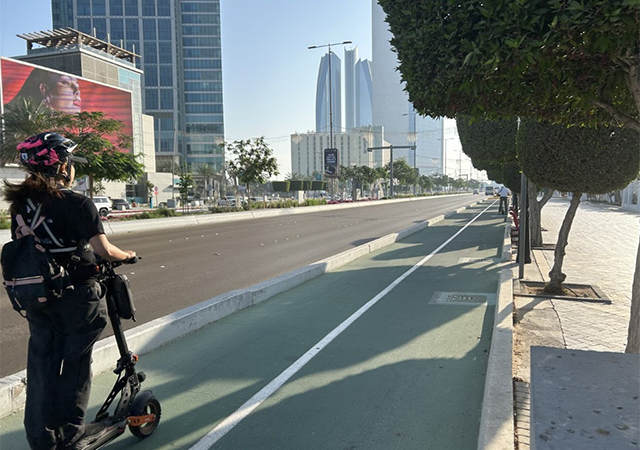
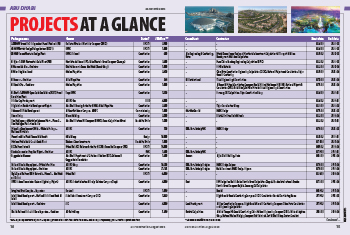

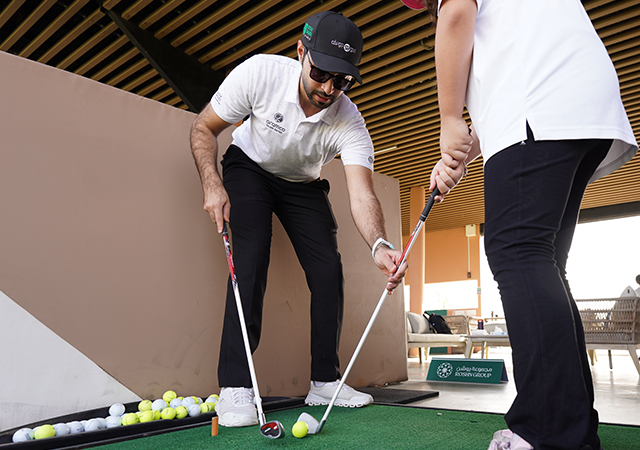
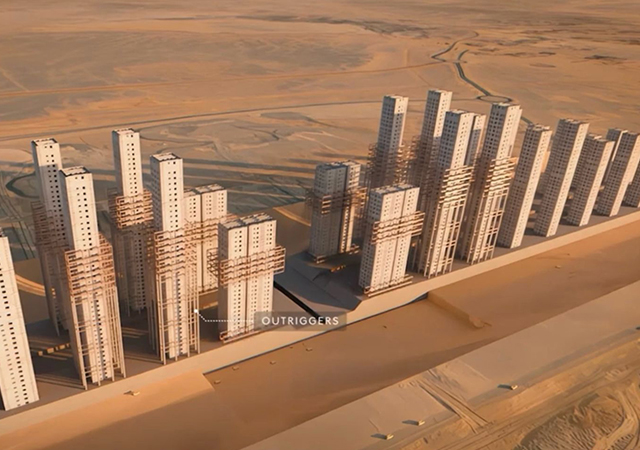
.jpg)

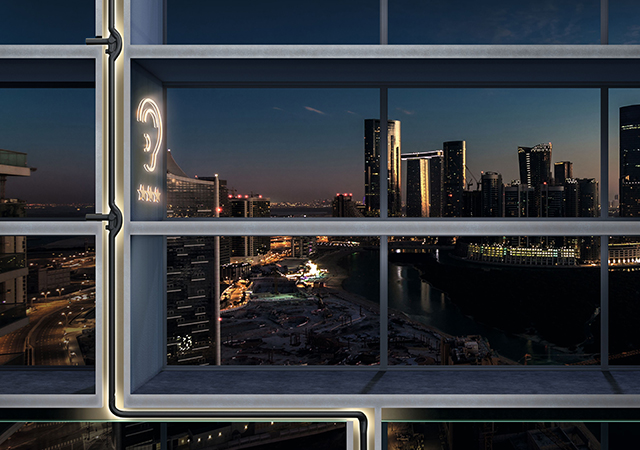
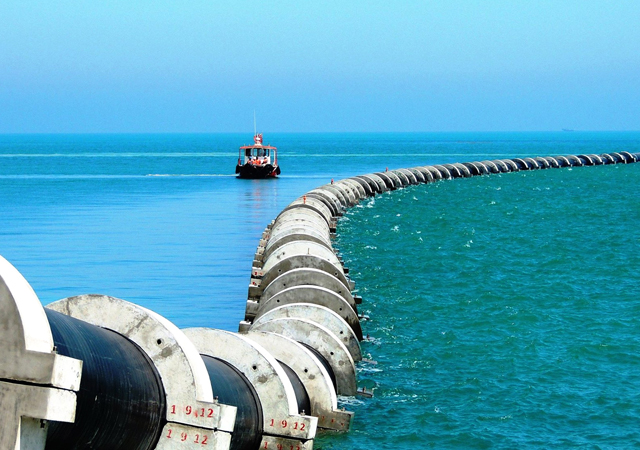


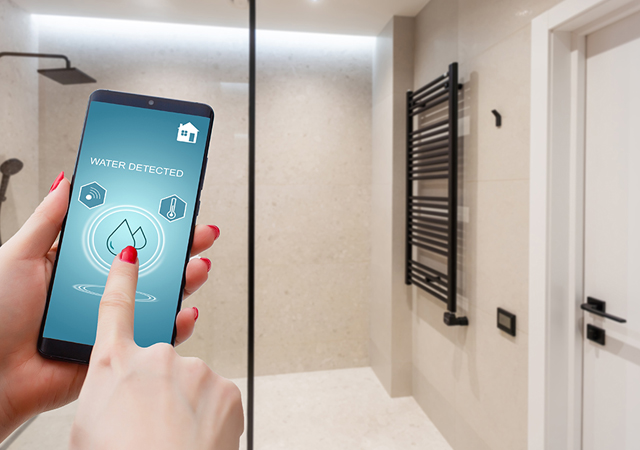
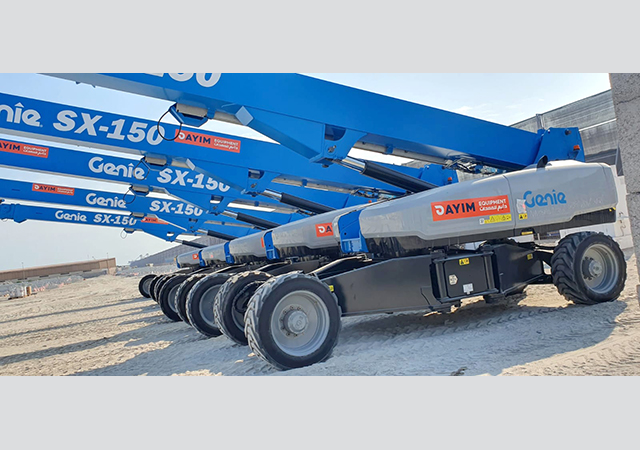
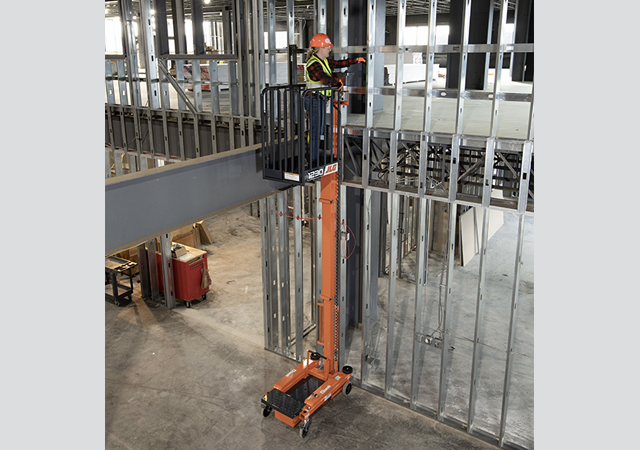
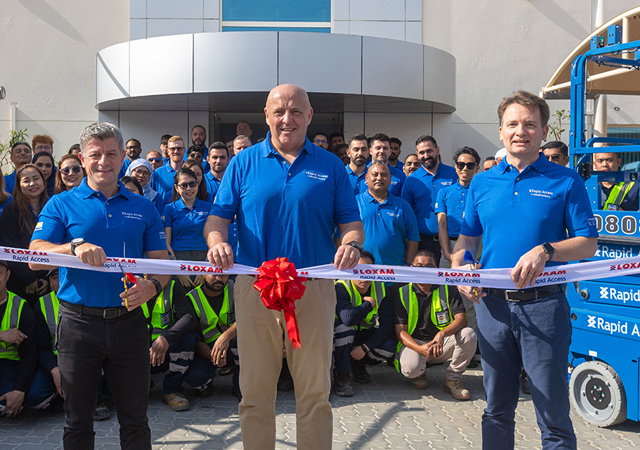
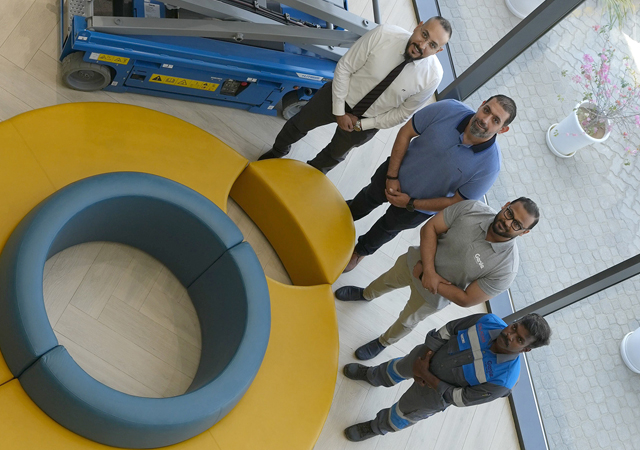
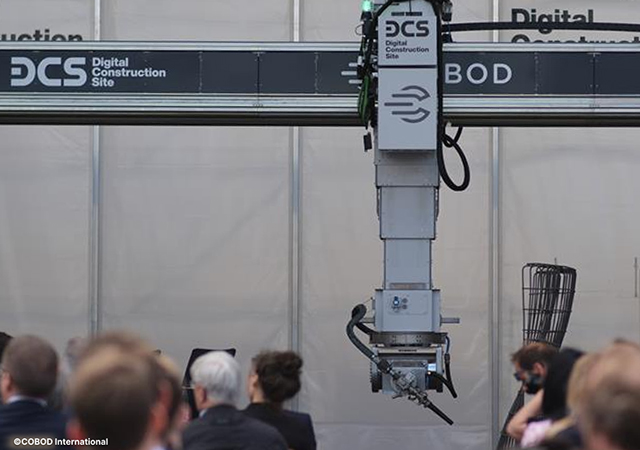
Doka (2).jpg)
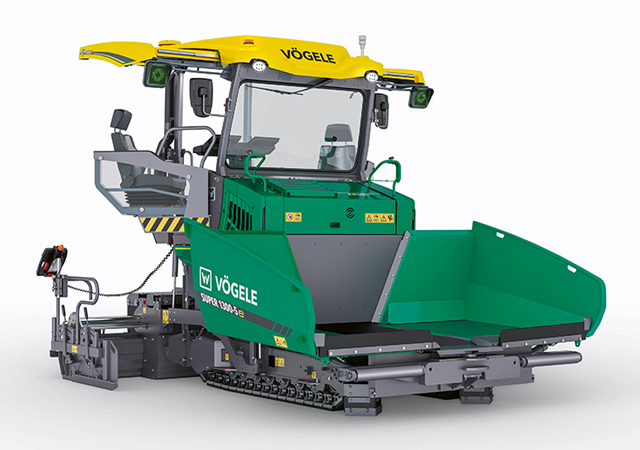


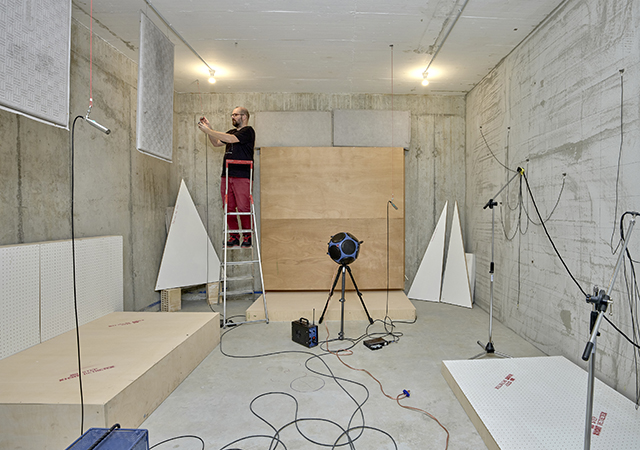
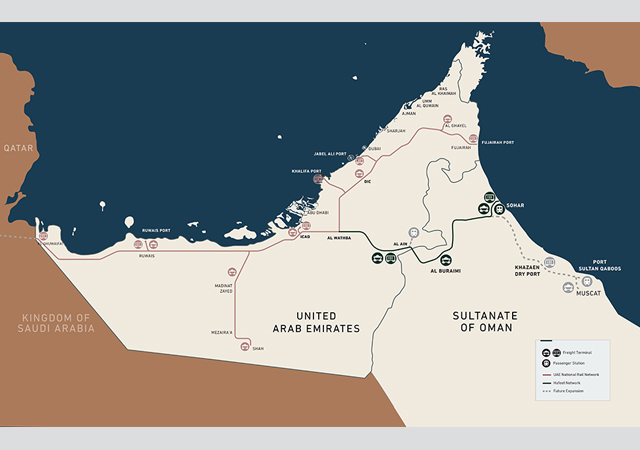
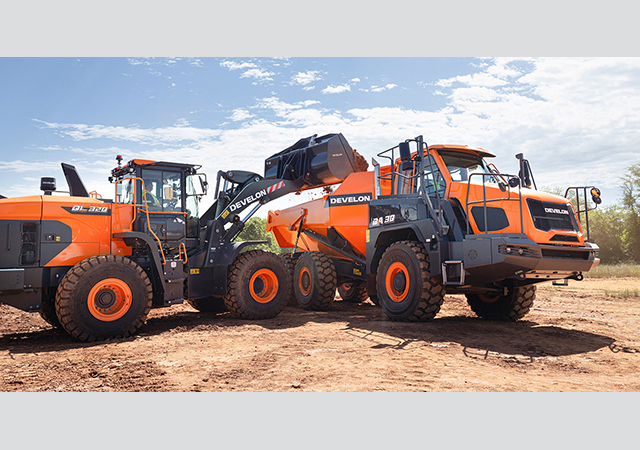


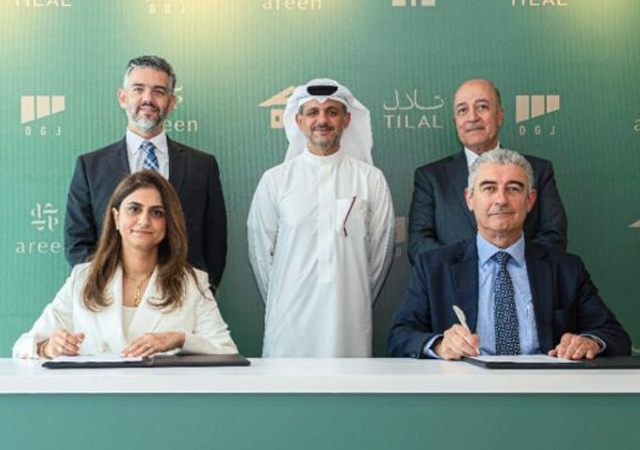
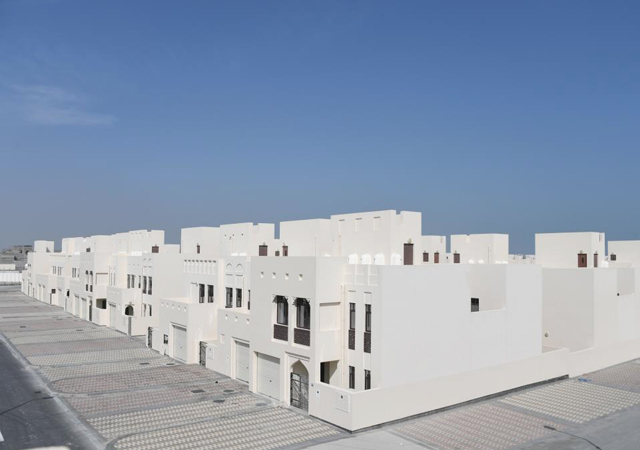
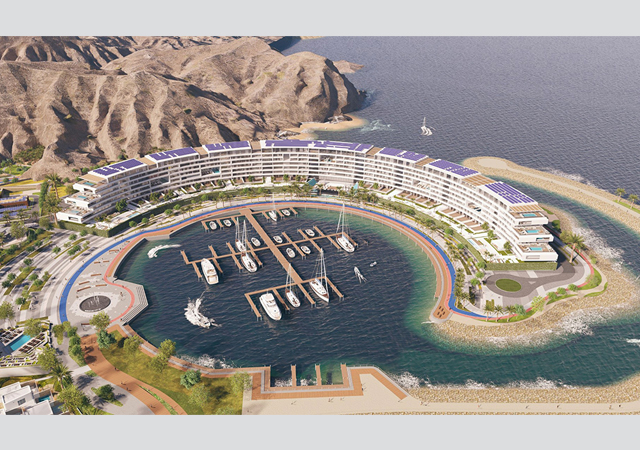
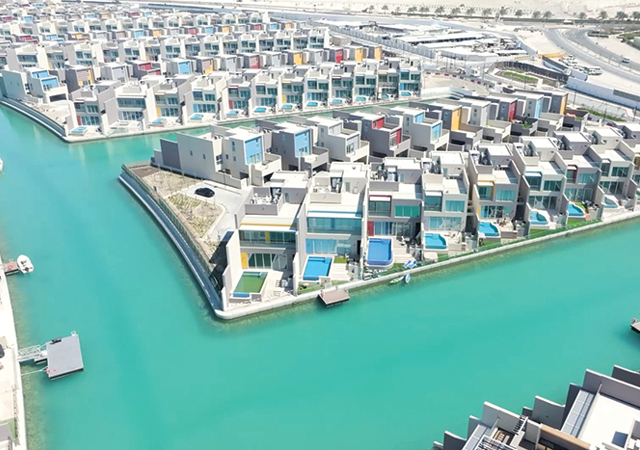
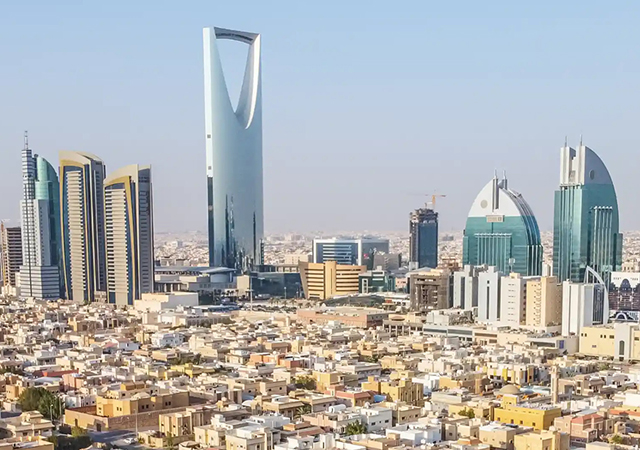
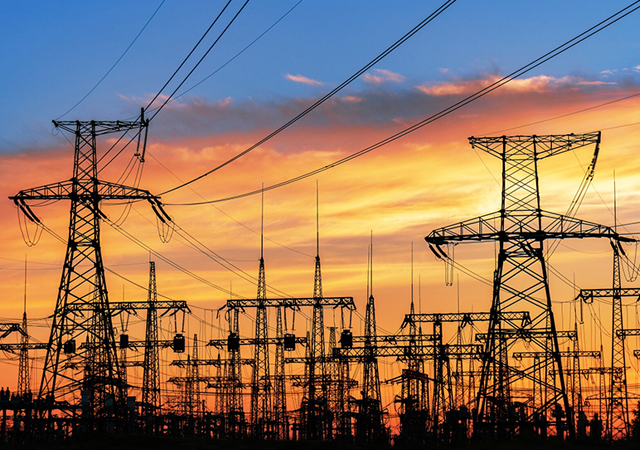

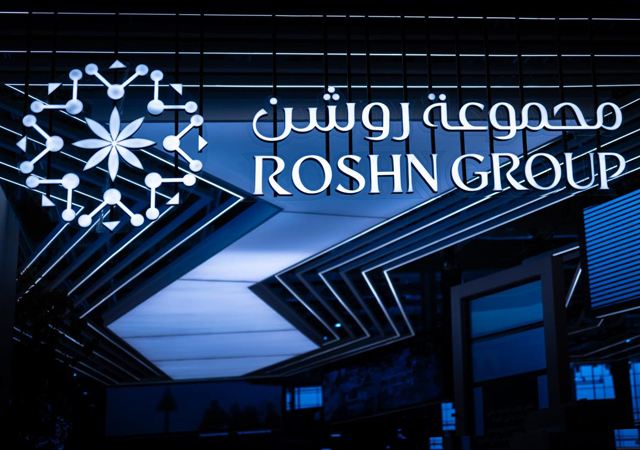
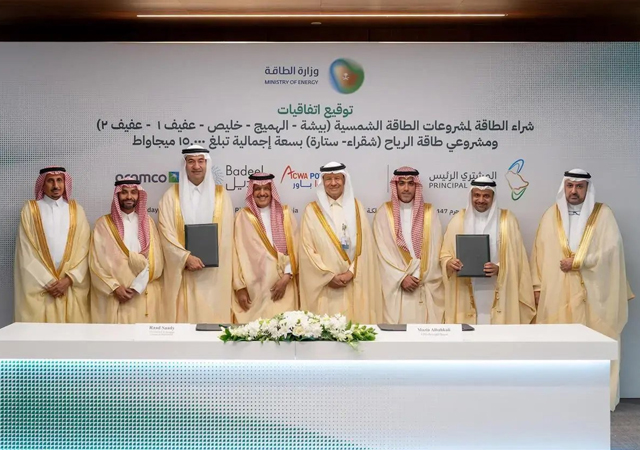
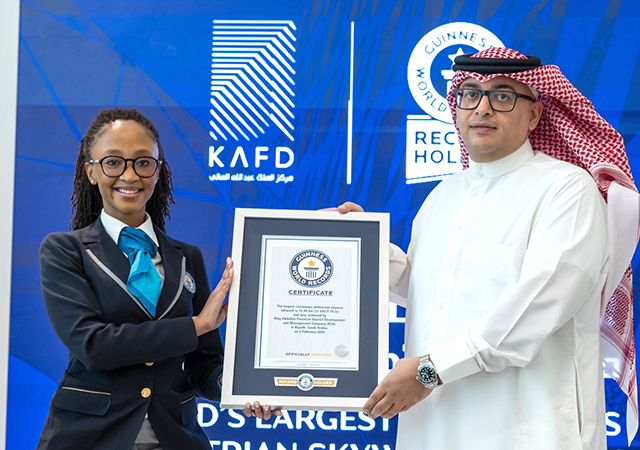
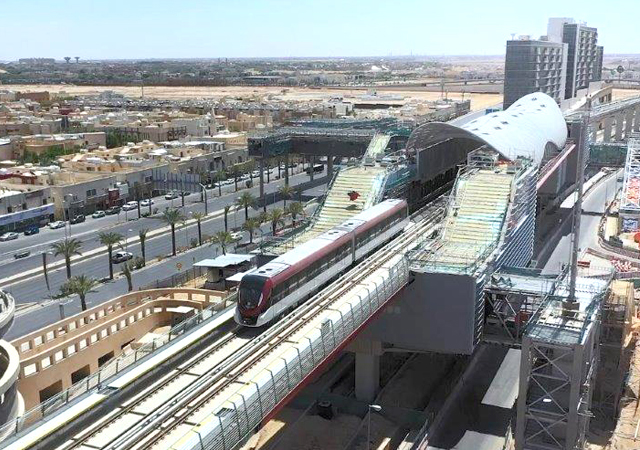
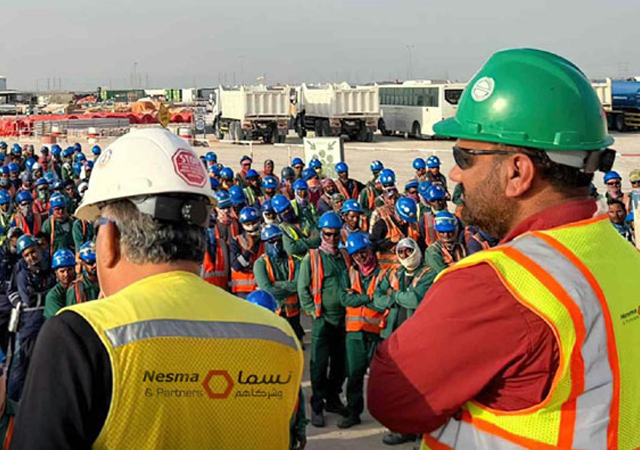
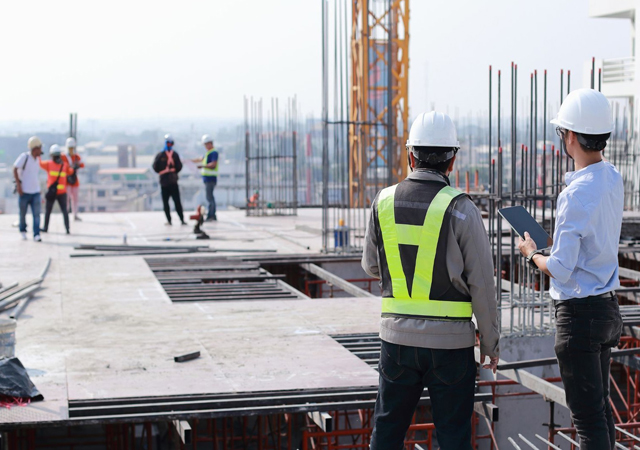
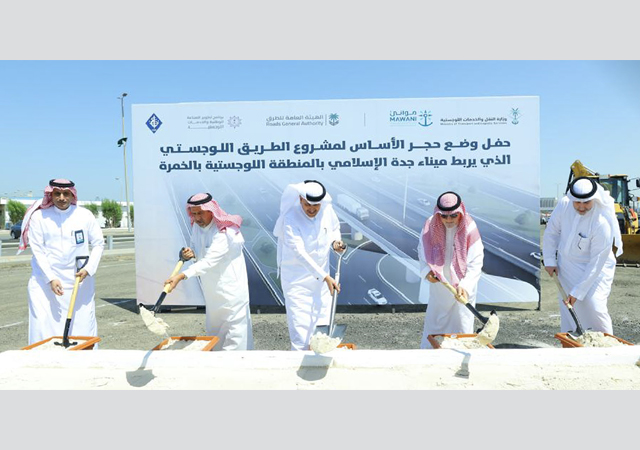



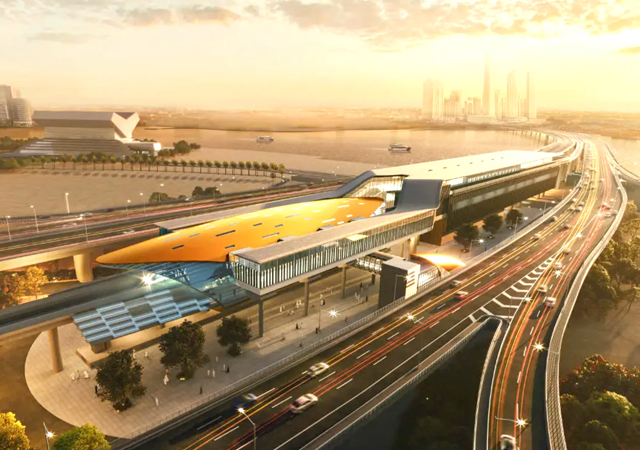
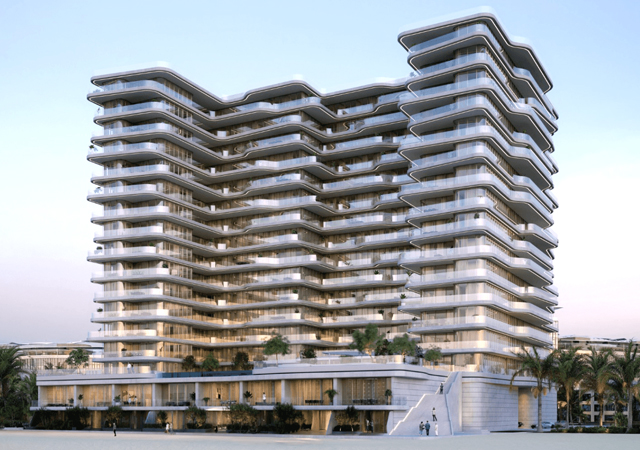
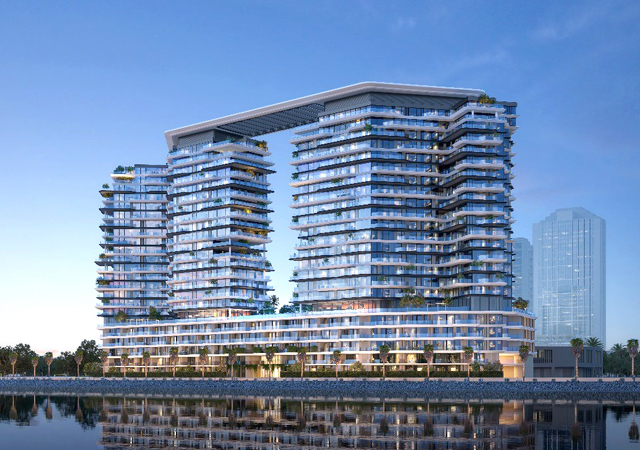
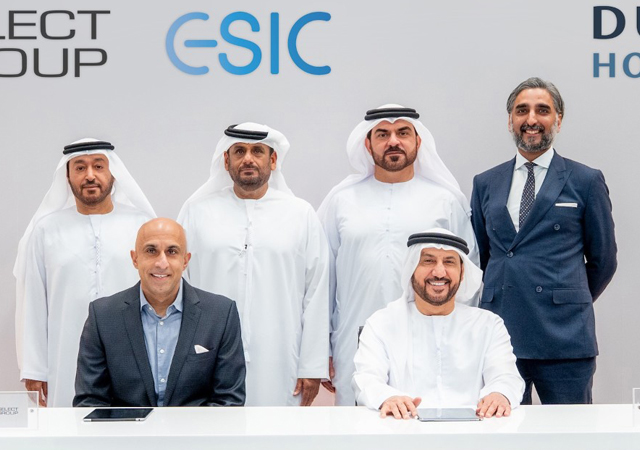
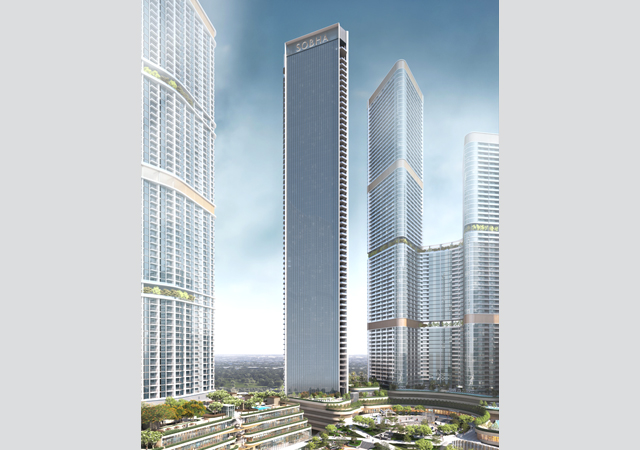
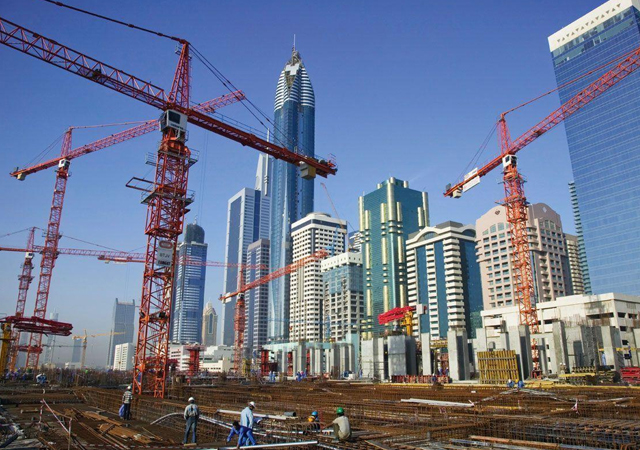
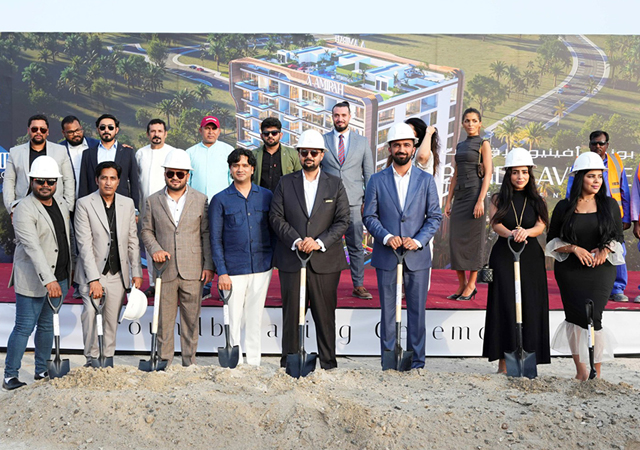



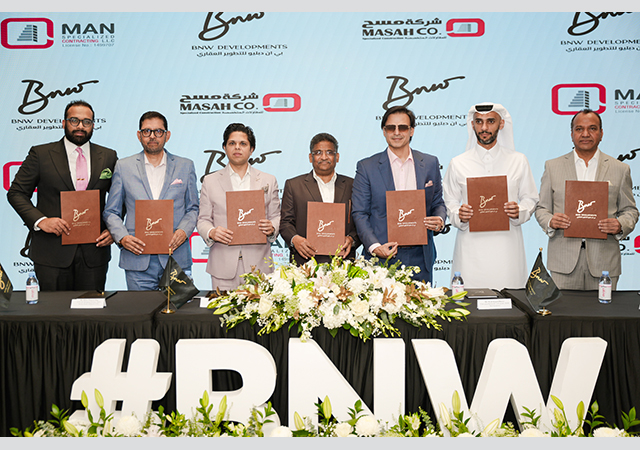

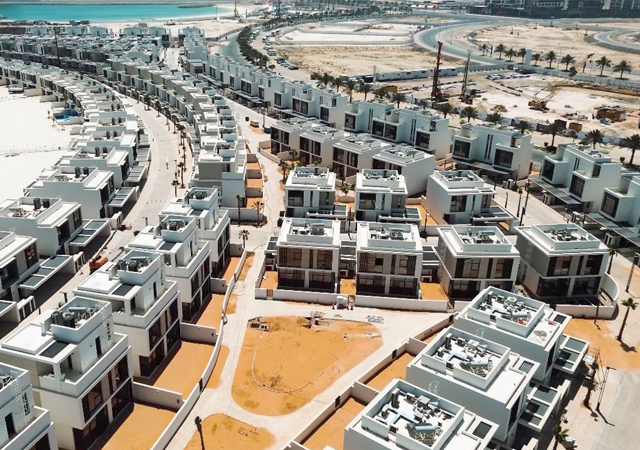
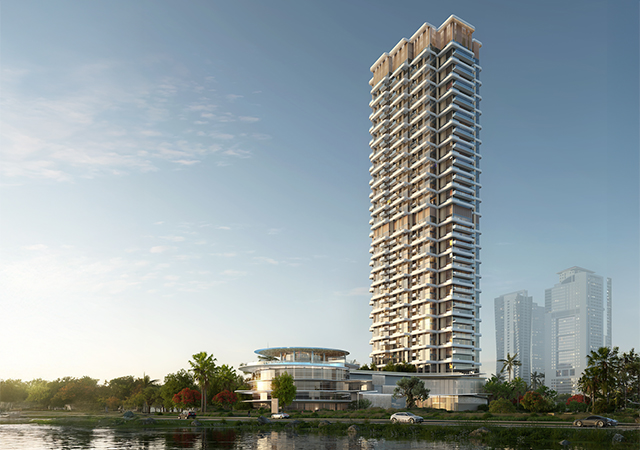

.jpg)
.jpg)

.jpg)
